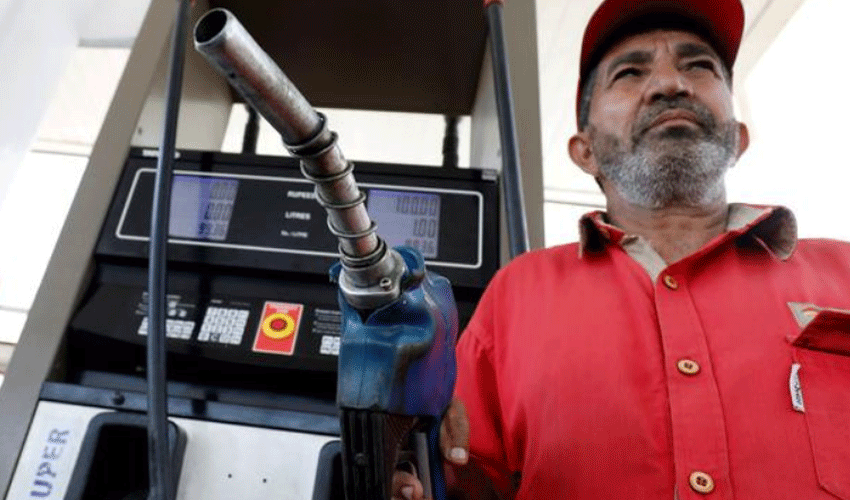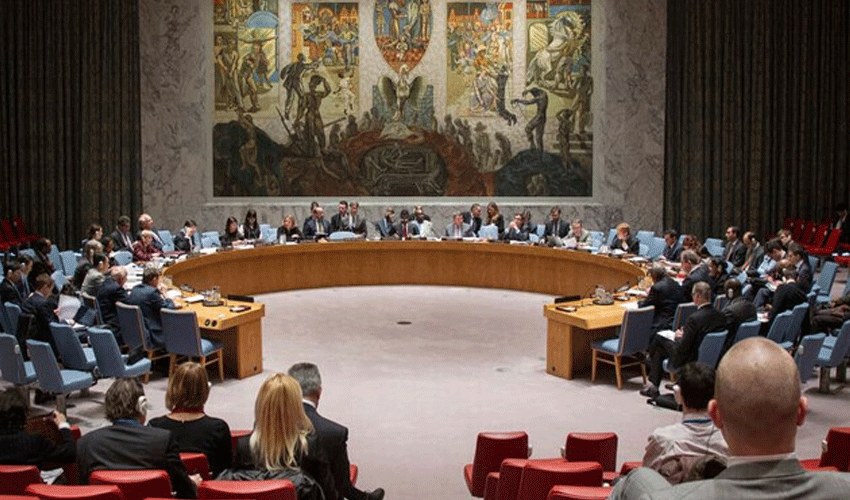As global crude oil prices trend downward, the possibility of a reduction in petroleum product prices in Pakistan from May 1, 2025 is gaining traction.
However, experts caution that the government's recent move to abolish the Fifth Schedule, which previously capped the petroleum levy, may negate any potential benefits for the public.
Global crude oil prices
Crude oil prices on the international market have experienced a consistent decline, with Brent crude futures now standing at $66.60 per barrel and US West Texas Intermediate (WTI) crude at $62.85 per barrel.

These prices are expected to decline by 2.9% this week, driven by a likely increase in production by OPEC+ and a potential ceasefire in the Russia-Ukraine conflict that could boost global oil supply.
Domestic impact of falling crude oil prices
The decline in crude oil prices has traditionally translated into lower costs for petroleum products in Pakistan, prompting expectations of price reductions at the domestic level.
However, the government's recent decision to abolish the Fifth Schedule—previously a mechanism that limited the petroleum levy to a maximum of Rs 70 per liter—has raised questions about whether the benefits of lower crude prices will be passed on to consumers.
Under the new framework, the government now has the authority to adjust the petroleum levy at will, without the restrictions that were previously in place. This shift has sparked concerns that the government may seize the opportunity to increase the levy, thereby offsetting any potential decrease in fuel prices.
Petrol and diesel prices in Pakistan
On April 15, the government maintained the prices of petroleum products for the following 15 days, citing the prevailing market conditions. Despite the fall in global oil prices, the government chose to raise the petroleum levy instead of passing the savings onto the public.
Currently, petrol is being sold at Rs254.63 per litre, while the price of high-speed diesel (HSD) stands at Rs258.64 per litre.

























